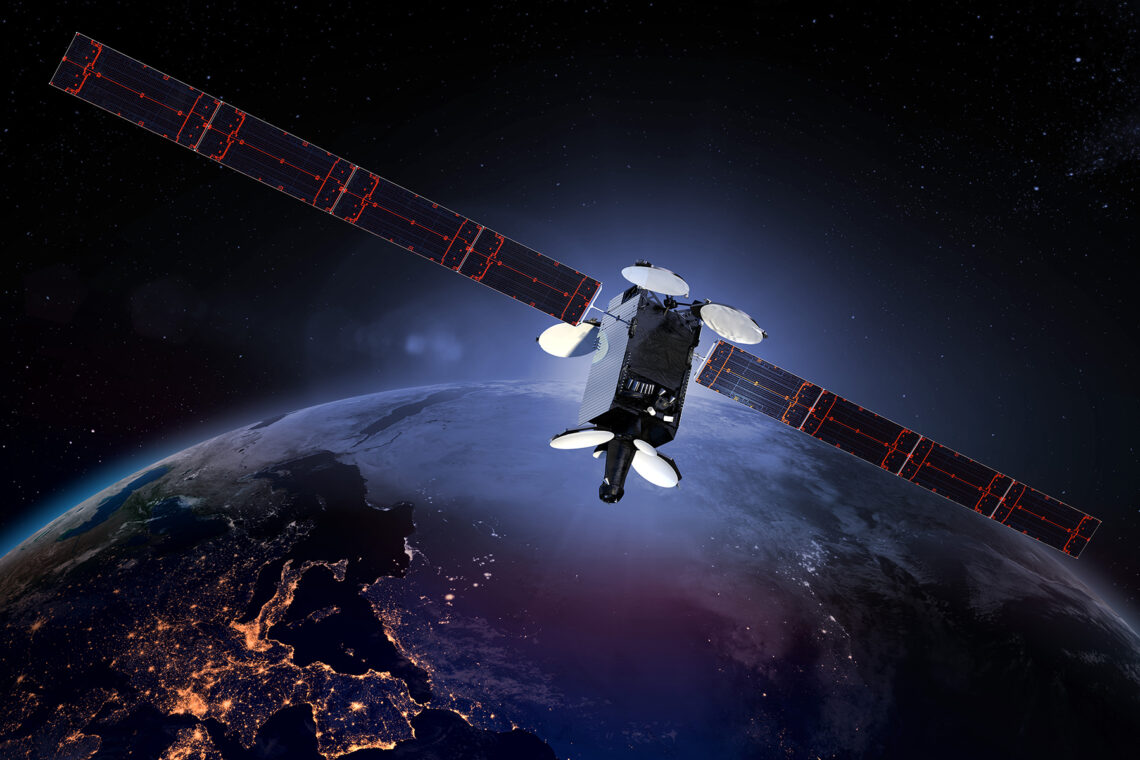TAMPA, Fla. — Satellite operators are being called in to help keep Europe and Asia connected after subsea internet cables in the Red Sea were severed last week.
Four of around 15 submarine cables in the Red Sea have been affected, according to Hong Kong-based cable operator HGC Global Communications, which is helping reroute affected traffic.
Two of these come together at the area of the cut, the Washington Post reported citing a subsea cable expert at research company TeleGeography, meaning just three cables have been severed.
Still, HGC said in a March 4 update that about a quarter of the traffic passing between Asia, Europe, and the Middle East has been disrupted.
The Yemen-based and Iranian-backed Houthi movement that has been attacking ships in the Red Sea has denied responsibility for the incident, CNN reported, and has blamed British and US military units operating in the area.
A Seacom executive told CNN it could take up to eight weeks to repair the cables, pending permits from Yemen’s maritime authority.
In the meantime, subsea cable operators are rerouting internet traffic between the continents, sometimes via less direct routes.
“There are reports for example in East Africa of the internet slowing down fairly significantly,” said Rhys Morgan, a regional vice president for media and networks sales at satellite fleet operator Intelsat.
Slower internet connections have a financial impact on companies with mission-critical data, Morgan said, while governments and other internet users with sensitive data face having it rerouted via less secure countries.
Intelsat and other operators with satellites overhead can offer customers a space-based route for sending internet traffic from point A to point B.
Morgan told SpaceNews March 5 that Intelsat satellites are providing backup connectivity for a couple of customers that were sending data via subsea cable before the Red Sea incident.
While it remains unclear how…
Read the full article here

